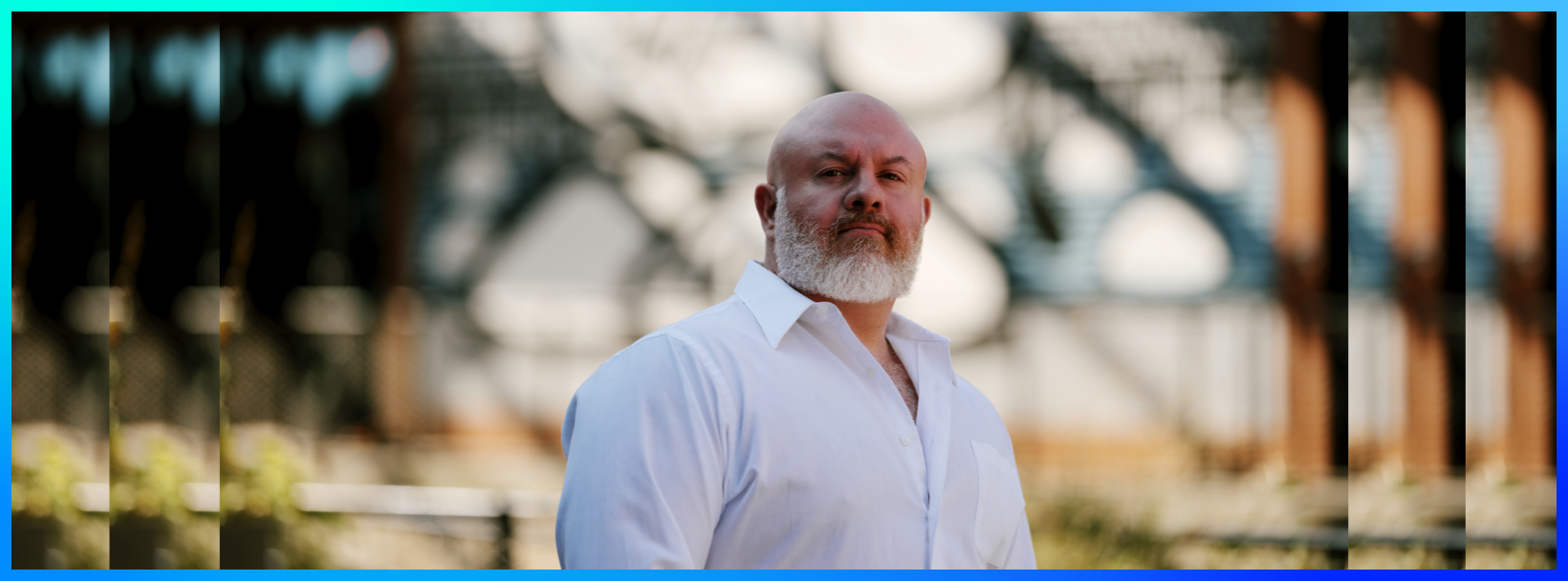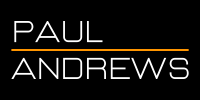Paul Andrews
Life with a Constant Soundtrack

How It Started
My Mother's Love of Music
"Do You Want to Learn Piano?"
I can’t remember a time when music wasn’t a part of my life. In my earliest memories, I see my mom loading up the record player with 45’s. She would play every kind of music and we would all sing along, wrong words and all.
When I was old enough, I started manning the record player myself (and to my mom’s dismay, load the 45 auto spindle capsule beyond it’s limit!), making my own “mix” tapes complete with DJ banter in between songs. Even at that age, I was picking out the instruments in the songs.
When I got older and started collecting music, I started listening to the way a song was put together. Of course, the singers and musicians always mattered, but there was another aspect that got my attention: the production. I started hearing the same music in different ways. Part of my brain would enjoy it like it usually did, while another part would be analyzing it. After a while, it was second nature to have figure out the chord progressions in my head.
My formal instrumental education started when I was around 4 years old. My mom offered to get piano lessons for my brother and me. I can still remember how my feet would dangle while sitting on the bench. My mom found a church lady that taught piano, and let me tell you — she was hardcore! If we didn’t keep our hands nice and curved over they keys, she would get out this enormous sewing needle and keep it under our wrists while we played. Let’s just say that she didn’t have to remind me often!
In elementary school, I learned how to play guitar and clarinet and also ended up singing lead in a show. This started me in my band, orchestra and choir experience. I switched over to saxophone in junior high school and started jazz band. I continued playing jazz in high school and started a few new instruments too: bassoon, flute, and string bass.
There was one day in high school that stands out for me: I remember my band director was sitting at the piano playing some jazz, and he landed on a dissonant chord. He stared at me, his distorted expression mirroring the dissonance of the chord, his right shoulder raise up, waiting to relax when the notes resolved. I looked right at him and said “E7 #9”. All the tension dropped from his body like a wet sack hitting the floor while his hand fell off the keys as he continued to stare at me. “You know what chord that is without looking at the keys?”, he said. I replied that I did, wondering why he asked. After about 10 minutes of naming every note and chord he played, he told me that I had “perfect pitch”. I had never heard of that before and didn’t know that it was uncommon for people to hear exactly what notes were being played without a reference.
In college, I started taking composition lessons, voice lessons and arranging classes, adding oboe to the list of instruments I played. After it was suggested that I purchase my own bassoon (let’s just say that I didn’t see my future in “bassoon”), I decided to switch majors from Music Education to Music Theory and Composition with a concentration in Vocal Performance.
After college, I continued with music, working on local projects in the DC area. This brought me to the Winter Music Conference where I met a lot of nice people in the industry. One of them was Dwayne Alexander who worked for ASCAP. He loved my style and wanted me to write with some other writers in New York.
So, In the early part of 1993, I moved to New York. Dwayne had moved from ASCAP over to Polygram Publishing and continued to pair me up with different writers. Eventually, I had a developer publishing deal with Polygram all ready for contract, but there was a reorganization in the company and Dwayne was let go, along with all of his deals.
I started doing keyboard work and songwriting around town. I fell into a remixing project which started me along the remixing path. During that time, I worked both alone and with some other people working on all kinds of projects. Soon enough, some of those projects became commercially available, which mattered a lot to me at the time. That early part of my career culminated with working directly for Phil Ramone. Both my engineering mixing partner and I did a few remixes for his artist roster. Phil also started giving me arraignment projects on the side. My favorite part of working for Phil was when we would meet to go over my mixes. He would listen all the way through, then go back to certain parts and ask me what chords I used and how I was able to go back into the key. We were two musicians talking craft, which is one of my favorite things to do. His label, N2K Encoded Music, was sold off to another company and many of the acts were dropped from the label. Some of my mixes were release only on promotional pressings.
At that point, I took a break from music. It was hard finding enough work to pay for all my expenses, so I went to get a “real” job. I landed in a good position at a good company. I got to use my other talents with computers and have been very happy there.

Change
The Need Never Goes Away
The Road to Discovery
in 2012, I received sad news that my friend Dwayne had been savagely killed. This upset me so much and I didn’t know how to settle my feelings. I decided to do a mix for him in the style that first attracted him to my sound, believing that his spirit would hear it. I really enjoyed working on it and was pleased with the outcome. After posting it online, I started receiving a lot of positive comments, which encouraged me to continue with another mix… and another mix…
This time music was different for me. Since I wasn’t doing work for anyone specifically, I felt free to try whatever I wanted to do. I experimented and let my creativity take me where it wanted to go. I tried different styles of music to study different production techniques and found that I was learning more with each mix.
And in taking this new approach with my production along with the power of social media, I’ve been able to reach and connect with many of the people who I’ve always admired. I felt honored that my some of my idols took the time to listen to my work and even share it with their friends and followers. This meant so much to me, as I consider this part of my musical journey a more honest representation of who I am.
And then the time came where I knew I had to create my own music…
